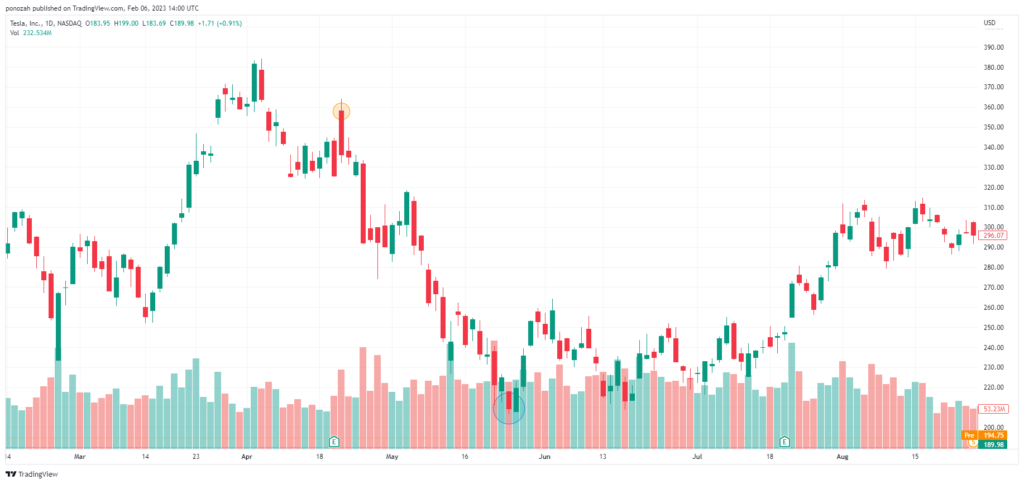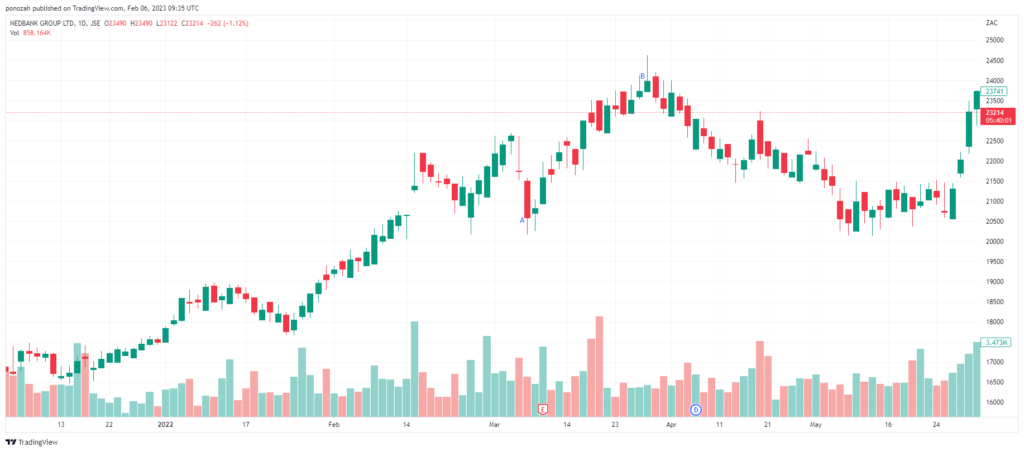
Short selling is an investment or trading strategy based on speculation, and it involves selling a security or stock that a trader does not own. A trader believes the stock or security price would decline in the future, thus borrows from a broker or dealer, and sells that stock on the open market, hoping to buy it back at cheaper prices in the future.

Apart from being used for speculative purposes, short selling can also be a valuable tool for hedging purposes. As a hedging tool, this strategy allows a trader to protect their portfolio (long positions) against downside risk and minimises losses due to a decline in their own securities.
Short-Selling using Derivatives.
Derivatives are securities whose value depends on or derives from one or more underlying assets. Derivatives are financial contracts between two parties and can be derived from different asset classes such as stocks, bonds, market indexes, commodities and even currencies.
Short-selling, using derivatives, can be used for a speculative purpose and as a hedging tool.
For hedging purposes, if a trader is bearish towards the security they already own, they may hedge their position by purchasing a derivative product that would increase their overall portfolio even if the stock price eventually decreases as anticipated. For example, a trader would have bought the Nedbank Group’s stock (JSE: NED) on the 7th of March 2022 at R203.80 (point A) and on the 29th of March 2022 has a bearish outlook on the stock’s movement when it is trading at R240.56 (point B). Rather than exiting the position, the trader can purchase a derivate that will increase in value if the stock price decreases.

There are several methods the trader can use to hedge their long positions using derivatives, dependent on what type of derivative is used, such as: –
- Futures: The trader may enter a short position in a futures contract if they believe the asset price will fall. For example, if a trader who invests in JSE Top40 Index (JSE: J200) price at 73448 and believes that in 6 months the stock price will go down, they can take a futures contract lock in that future price to protect their long position.
- Forwards: Forwards are the same as the futures, does would also need to take the same position. The only defining feature of forwards against futures is that futures are traded over Over-the-Counter (OTC), and their contract sizes are not standardised.
- Options: The trader can take a short position on a put option on the trader’s underlying asset that they speculate will go down in value and hedge their portfolio against downside losses.
What are the Advantages and Disadvantages of Short Selling?
Advantages:
- Potential for Huge Profits: The main advantage of short selling is the possibility of huge profits that can be made with correct speculation on any particular stock or security. They
- Creation of liquidity in the Market: Short sellers provide liquidity for buyers within the stock market, which helps the stock market function efficiently.
- Hedging of Long Positions: As mentioned previously, short selling can hedge long positions and offset some of the risks of investing.
Disadvantages:
- Potential for Unlimited Losses: One of the significant disadvantages of the strategy of short selling is the unlimited downward risk the trader faces. If the forecasted movement is incorrect, and the stock price goes up instead of down, the trader would have to cover the additional amount above what they had shorted the stock. Theoretically, the stock price can rise to infinite. Thus, the amount of loss is also unlimited.
- Gives rise to the need to spread False Information: Some short sellers can spread false information in the market to drive down the share price of a particular company they have taken a short position on to drive up their profit when they buy back the stock.
- Betting against the market: The stock market tends to go up over time, so this strategy faces a position that it will be tough to make a profit in the long run.
- Short squeeze: A stock may experience a short squeeze, where the stock’s price rises rapidly, which would force short sellers to buy those shares at high prices to close their position, which in turn pushes the stock price even higher.
Summary
No other strategy has been as controversial in the market as the short-selling practice. Some participants in the market praise the practice of strengthening the market by exposing which securities are overpriced. In their search for overpriced securities, short sellers can uncover questionable practices within companies and expose fraud. While some participants frown upon it as they believe it is unethical to bet against and profit from a company’s failure and that this practice can turn a market dip into a full-blown market crash.
No matter your view towards this particular practice, this is an advanced strategy best suited to be left to advanced traders who may be more familiar with the risk and regulations involved.
Sources: Investopedia, Bankrate
Disclaimer: Trive South Africa (Pty) Ltd, Registration number 2005/011130/07, and an Authorised Financial Services Provider in terms of the Financial Advisory and Intermediary Services Act 2002 (FSP No. 27231). Any analysis/data/opinion contained herein are for informational purposes only and should not be considered advice or a recommendation to invest in any security. The content herein was created using proprietary strategies based on parameters that may include price, time, economic events, liquidity, risk, and macro and cyclical analysis. Securities involve a degree of risk and are volatile instruments. Market and economic conditions are subject to sudden change, which may have a material impact on the outcome of financial instruments and may not be suitable for all investors. When trading or investing in securities or alternative products, the value of the product can increase or decrease meaning your investment can increase or decrease in value. Past performance is not an indication of future performance. Trive South Africa (Pty) Ltd, and its employees assume no liability for any loss or damage (direct, indirect, consequential, or inconsequential) that may be suffered from using or relying on the information contained herein. Please consider the risks involved before you trade or invest.




